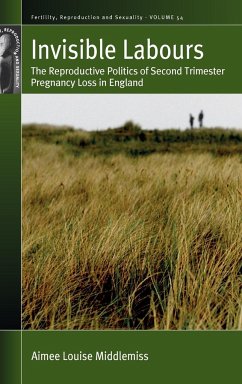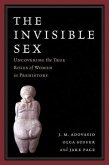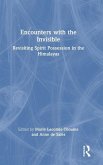Tracing women's experiences of miscarriage and termination for foetal anomaly in the second trimester, before legal viability, shows how such events are positioned as less 'real' or significant when the foetal being does not, or will not, survive. Invisible Labours describes the reproductive politics of this category of pregnancy loss in England. It shows how second trimester pregnancy loss produces specific medical and social experiences, revealing an underlying teleological ontology of pregnancy. Some women then use an alternative understanding of pregnancy based on kinship with the second trimester foetal being or baby to resist the erasure of their experience.
Hinweis: Dieser Artikel kann nur an eine deutsche Lieferadresse ausgeliefert werden.
Hinweis: Dieser Artikel kann nur an eine deutsche Lieferadresse ausgeliefert werden.








